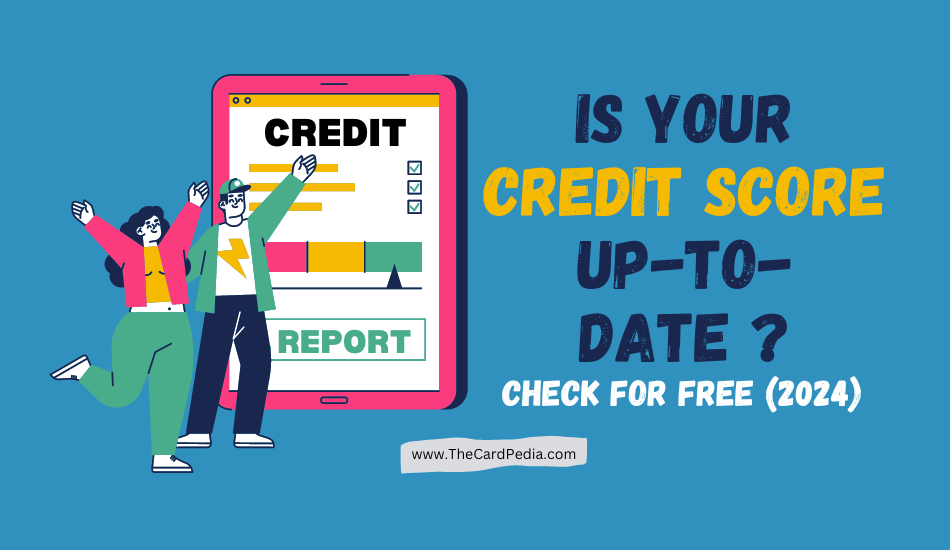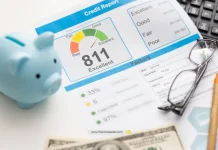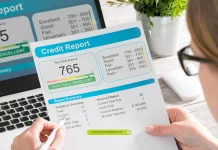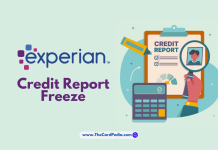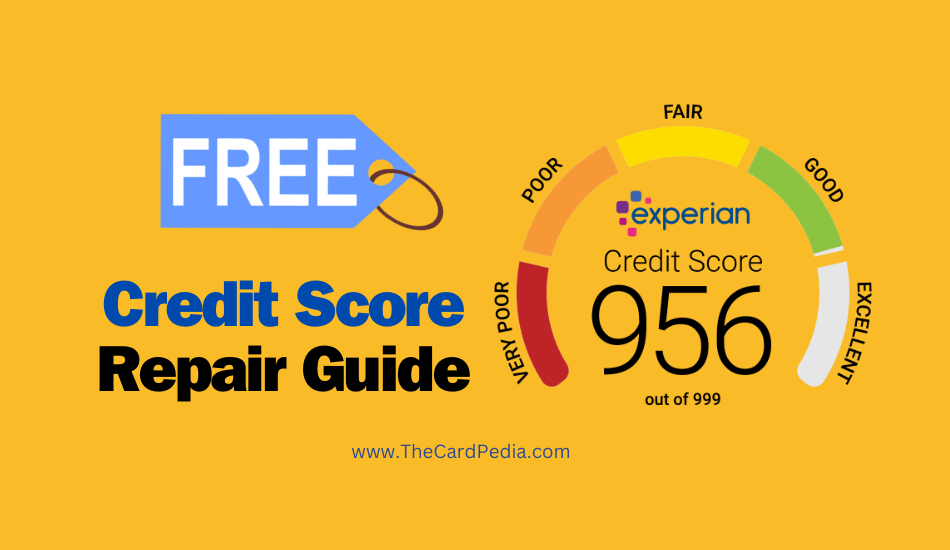Your credit score plays a crucial role in determining your financial health, but the terminology can be confusing if you’re new to the world of credit. Enter VantageScore—an alternative to the more widely known FICO score. But what exactly is VantageScore, and why should you care? Whether you’re looking to improve your credit or understand how it impacts your financial future, this guide will break down VantageScore in simple terms, making navigating your credit journey easier.
As the founder of TheCardpedia, I’m passionate about helping you navigate the world of credit and financial wellness. Today, let’s unravel the mystery of VantageScore, a vital tool that plays a significant role in your financial journey.
Understanding your VantageScore isn’t just about numbers—it’s about unlocking better opportunities, lower interest rates, and smarter financial decisions.
What Is VantageScore and Why Should You Care?
VantageScore is a credit scoring model that lenders use to assess your creditworthiness.
Experian, Equifax, and TransUnion created it to provide a unified and accurate snapshot of credit health.
As someone who interacts with credit card enthusiasts and financial learners daily, I can tell you this: your VantageScore is more than just a score—it’s a gateway to financial freedom.
How VantageScore Works
Let’s break it down:
The Score Range
The VantageScore ranges from 300 to 850, and every point matters.
| Score Range | Category | What It Means for You |
|---|---|---|
| 300–499 | Poor | Limited access to credit, high rates. |
| 500–600 | Fair | Potential approvals, but not ideal. |
| 601–660 | Good | Moderate risk, reasonable options. |
| 661–780 | Very Good | Better rates, more opportunities. |
| 781–850 | Excellent | Top-tier offers and best terms. |
- What is a Good Credit Score? Learn How to Boost and Maintain It Easily
- How to Get Free Credit Reports from All 3 Bureaus: A Complete Guide
- 10 Hidden Credit Card Charges Draining Your Wallet & Tips to Avoid Them
- Credit Karma: Free Credit Score & Reports access in 2024
- Credit Card Mistakes for Beginners
Key Factors That Can Boost or Lower Your VantageScore
Understanding what influences your VantageScore can empower you to take control:
- Payment History (40%): Making payments on time is non-negotiable. A single late payment can lower your score significantly.
- Credit Utilization (20%) : Keep balances below 30% of your credit limit to show responsible usage.
- Credit Age (21%) : The longer your accounts have been open, the better it is for your score.
- Credit Mix (11%) : A variety of credit types—cards, loans, and mortgages—shows financial versatility.
- Recent Credit Inquiries (8%) : Opening several new accounts in a short time can lower your score.
VantageScore vs. FICO: What’s the Difference?
You’ve probably heard of FICO Scores, so how does VantageScore compare?
| Feature | VantageScore | FICO Score |
|---|---|---|
| Scoring Factors | Emphasizes recent credit behavior | Long-term patterns |
| Score Range | 300–850 | 300–850 |
| Usage | Gaining popularity | Widely used by lenders |
At TheCardpedia, we often see questions about which score matters more.
My advice? Know both—they give complementary insights into your credit health.
How to Improve Your VantageScore
Improving your credit score doesn’t have to be complicated. Here are the steps I recommend to all our readers:
- Always Pay on Time: Even one missed payment can impact your score for years. Set reminders or automate payments.
- Keep Balances Low: Aim for less than 30% credit utilization. If possible, pay off your balance in full each month.
- Maintain Long-Term Accounts: Older accounts add stability. Unless absolutely necessary, avoid closing old credit cards.
- Space Out Credit Applications: Too many new applications within a short time can hurt your score.
- Monitor Your Credit Report: Errors happen. Check your report regularly and dispute inaccuracies immediately.
FAQs for VantageScore
Your score updates as lenders report new data, usually monthly.
Yes! Many apps, like Credit Karma, offer free access to your score.
Absolutely. Paying down credit card balances and fixing errors on your credit report can lead to a noticeable improvement.
My Take on Why VantageScore Matters
At TheCardpedia, we believe that understanding your credit score is an investment in your future. Whether you’re applying for a mortgage, car loan, or even a premium credit card, your VantageScore can make or break the deal.
Bottom Line
Understanding the five key factors that make up your VantageScore is essential to taking control of your financial future. By focusing on making timely payments, managing your credit utilization, maintaining a healthy credit mix, keeping accounts open, and limiting new credit inquiries, you can improve your score and unlock better financial opportunities.
Remember, a higher VantageScore means lower interest rates, better loan approvals, and a stronger financial profile overall. Take charge of your credit today—every small step can lead to significant improvements in your financial health!
Visit TheCardpedia.com for more tips, tools, and insights into mastering credit and achieving financial freedom. Together, we can make smarter financial choices!





